‘Mad, wearying and inconsequential gabble,’ sighed the Financial Times in 1958. ‘One quails in slack-jawed dismay.’ Here’s the FT at the same play last month: ‘The best I have seen on-stage.’ How about the Evening Standard? Then: ‘Like trying to solve a crossword puzzle where every vertical clue is designed to put you off the horizontal.’ Now: ‘Pinter’s cruel dialogue has rarely sounded sharper.’ ‘What all this means only Mr Pinter knows,’ mused the Manchester Guardian. On its return to the West End, the playwright’s biographer Michael Billington, writing in the Guardian, judged that ‘The Birthday Party has lost none of its capacity to intrigue’.
Sixty years ago at the Lyric Hammersmith, the critics weren’t ready for Harold Pinter’s first full-length play, whose revival in the theatre bearing his name has been universally hailed (even Lloyd Evans joined the chorus: ‘a delight because it doesn’t bore or baffle anyone’.) All involved in that infamous first-night flop are dead. The only survivor is Sir Michael Codron, the producer who had the gumption to put it on.
Codron will be 88 in June and still programmes the Aldwych from an office atop the theatre (‘I’m just a figurehead,’ he says with characteristic modesty). He would become the midwife to era-defining plays by Joe Orton, Tom Stoppard, Simon Gray, Christopher Hampton, David Hare and many more. But The Birthday Party was the first time he stuck his neck out. At 27 he’d just convinced his father he was not cut out for importing textiles. He’d had a success with Ring for Catty, a comedy that would become Carry On Nurse (Pinter appeared in the play in Torquay), and had a couple of West End shows on including Share My Lettuce, ‘a diversion with music’ written by Cambridge undergraduate Bamber Gascoigne and starring Kenneth Williams and Maggie Smith. Then he read about Pinter’s debut The Room in the Sunday Times.
‘Harold Hobson gave it rather a good review. I got hold of the agent Jimmy Wax, and said I’d like to meet the writer.’ They met in the Regent Palace Hotel where Pinter presented a play written while touring in Doctor in the House. ‘What I recognised was it obviously had the structure of a repertory play, but it did have the menace and the Jewishness which appealed to me.’ As a fellow product of Jewish immigrants, Codron recalls an unspoken connection with Pinter. ‘There was the feeling that we both wanted to get there. Wherever there is.’ Did nothing in the play make him think this could be difficult? ‘Well, yes. But difficult and worth doing.’
Back then such avant-garde ventures were vetted by a young triumvirate of taste-formers: Peter Hall, Peter Wood and John Barton. Wood became the director, but didn’t see eye to eye with the author. ‘There was a grandeur about Peter Wood in a Cambridge way and I don’t think Harold liked that.’ Pinter couldn’t do anything about the set, a misleadingly vast conservatory, but stood his ground when Wood asked him to clarify the back story of Stanley, the main character. (When the young Alan Ayckbourn, playing Stanley in Scarborough, asked for similar guidance, Pinter famously advised him to ‘mind your own fucking business’).
Audiences enthused as The Birthday Party toured Cambridge, Wolverhampton and Oxford. ‘It was funny and it was disturbing. We really felt we were on to something worthwhile.’ Then it opened in Hammersmith. ‘The mystery of the first night is why did Harold Hobson not come to it? He never told me the real reason, when he knew that I had put the play on because of his good review for The Room.’ On Wednesday the Lyric management offered Codron the option of cutting his losses and he felt obliged to accept it. Hobson, illustrious enough to have recently been on Desert Island Discs, wasn’t beyond mockery. ‘The characteristic sound of an English Sunday,’ sneered film critic Penelope Gilliat, ‘is that of Harold Hobson barking up the wrong tree.’ For the Thursday matinee Hobson and Pinter joined an audience of six (the box office take was £2 9s). ‘I am willing to risk whatever reputation I have as a judge of plays,’ wrote Hobson, ‘by saying… that Mr Pinter, on the evidence of this work, possesses the most original, disturbing and arresting talent in theatrical London.’ The play had closed the previous night.
How did Pinter take it? ‘More nobly than I could have expected. I think he kept the receipt of the week and had it framed and put in his loo. There was a demeanour about him even then — this was somebody to contend with. But he was pretty poor. I remember driving him back to where he lived in Chiswick. Would I lend him fifty quid as his producer? It was quite a lot of money then. I always used to think about that whenever I went to his very grand house in Hanover Terrace.’
The following year Codron produced Pieces of Eight starring Kenneth Williams with sketches by another Cambridge graduate, Peter Cook, and one by Pinter called Last to Go. ‘Marvellous sketch. We must have remained on reasonably good terms for me to be offered The Caretaker.’ Not long after that triumph in 1960, Pinter announced his plays would henceforth be directed by Peter Hall for the RSC. ‘I was downcast but I understood.’ Codron later revived The Homecoming, and employed Pinter to direct the plays of Simon Gray.
In 2008 the Lyric Hammersmith revived The Birthday Party. ‘It was awful. The Lyric still looks like the Lyric so for me it was going back 50 years. Simon Gray said, “I know what you’re going through.”’ Does he still regard that truncated run as a scarring trauma? ‘Yes. It made me doubt my judgment.’ The huzzahs for the latest revival remind him that ‘maybe I can get it right sometimes if other people can’t’.
The parents of Codron and Pinter ended up retiring to Brighton. ‘They would often meet. They talked about their sons.’ And did their sons remain friends? ‘With a small “f”. I would see Harold at restaurants and I would always be greeted as “here’s the man who put on my play”, with that grand gesture.’
Got something to add? Join the discussion and comment below.
Get 10 issues for just $10
Subscribe to The Spectator Australia today for the next 10 magazine issues, plus full online access, for just $10.
You might disagree with half of it, but you’ll enjoy reading all of it. Try your first month for free, then just $2 a week for the remainder of your first year.

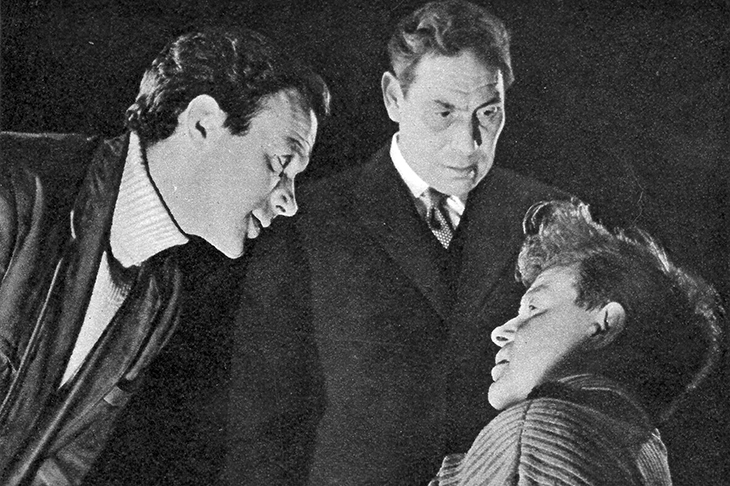
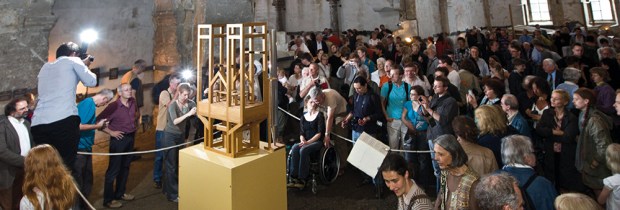
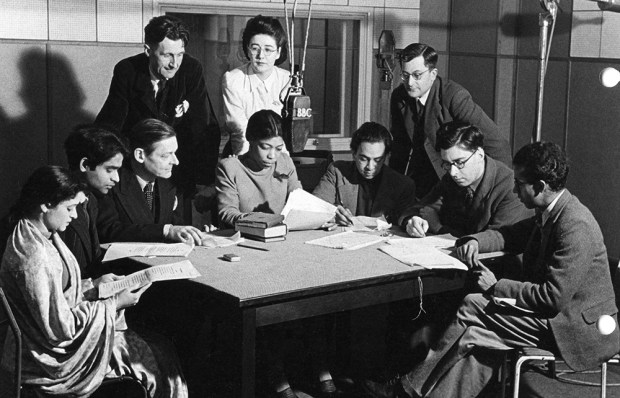

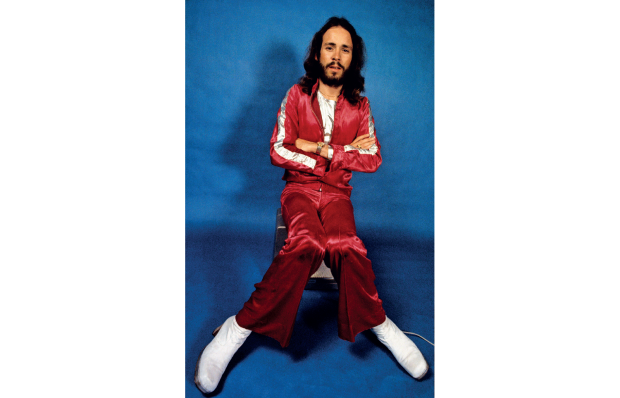
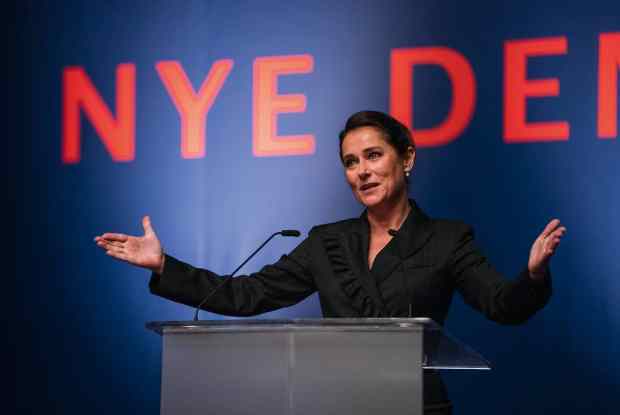
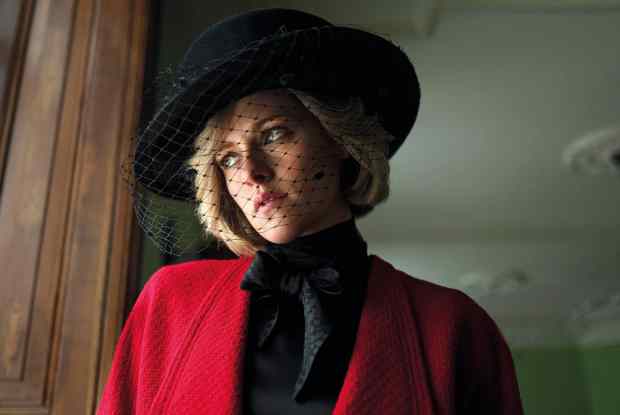






Comments
Don't miss out
Join the conversation with other Spectator Australia readers. Subscribe to leave a comment.
SUBSCRIBEAlready a subscriber? Log in